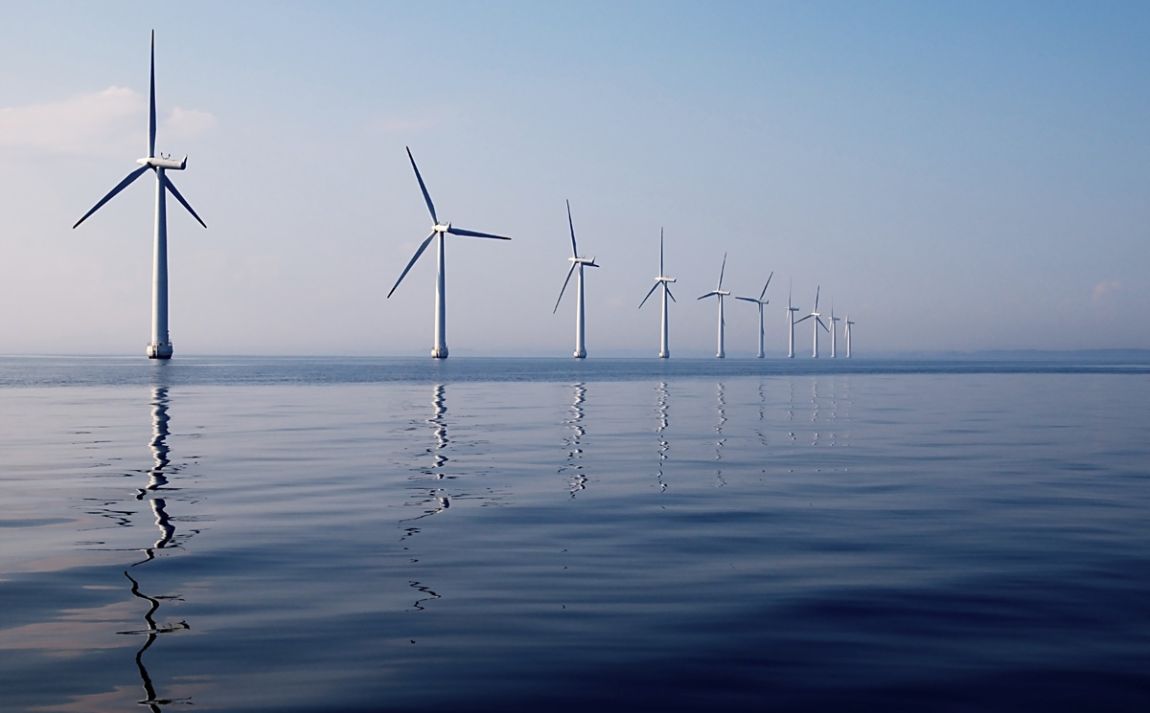Waste, Drinking and Natural Waters
The research group deals with protection and monitoring of water quality (both natural water bodies and drinking water) and related health issues; sustainable and effective technologies to treat drinking water and wastewater of different origin and, finally, resource recovery from municipal and industrial wastewater (sludge, by-products, etc), both in terms of components (nutrients, organic carbon, C02) and bioenergy. Research activities integrate scientific and technological approaches through synergic experimental process modelling activities as well as development of decision support analyses and systems. In the last 5 years the research group has been involved in 8 European Funded projects, 13 national funded projects and several research projects funded by public or private companies. The main domains are grouped as follows, with a strong background dating back from several years. lt is involved in various project, ranging through the study of the source apportionment of pollutant loads (macro and micro-pollutants), to the modelling of pollution pathways, to the development of methods to support decisions for the management and planning of environmental resources. As far as support to planning decisions is concerned, the group has expertise in modelling of different environmental compartments (particularly watershed-based models). Such a wide expertise allows the construction of knowledge-based scenarios for the appraisal of potential environmental impacts or for the definition of new environmental standards. The group is also involved in the management of marine environments and has experience of maritime spatial planning (i.e. Marine Protected Areas integrated management and the management of human activities producing underwater noise).

